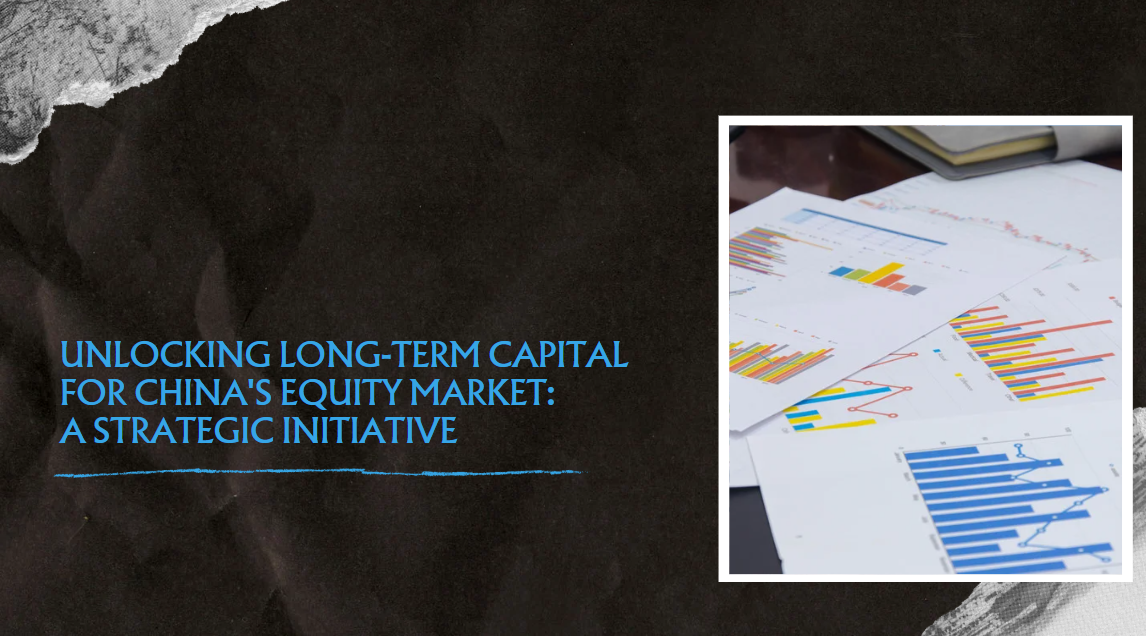Pioneering Financial Reforms: China's New Framework for High-Standard Institutional Openness
China's central authorities, including the People's Bank of China (PBoC), the Ministry of Commerce, the National Financial Regulatory Administration, the China Securities Regulatory Commission, and the State Administration of Foreign Exchange, have issued a directive aimed at advancing financial sector openness in selected Free Trade Zones (FTZs) and Free Trade Ports (FTPs). The Opinions on Advancing High-Standard Institutional Openness in the Financial Sector introduce 20 measures across six key areas, designed to align with international practices and promote deeper economic integration.
This initiative seeks to enhance China's financial governance while maintaining stability, with targeted regions including Shanghai, Guangdong, Tianjin, Fujian, and Hainan, as well as cooperation platforms like the Guangdong–Hong Kong–Macao Greater Bay Area. These measures represent a significant step forward in modernizing the regulatory framework to meet global standards.
////
Breaking Down the Six Key Areas of Reform
ONE

Expanded Access for Foreign Financial Institutions
Foreign financial institutions can now provide services previously restricted to domestic players.
Additionally, new financial services regulated overseas but not yet introduced in China can be piloted or licensed. This approach reflects a commitment to equitable treatment under the "national treatment" principle, with exceptions for matters of national security.
Streamlined Approval Timelines
Regulatory processes have been refined to shorten approval timelines for foreign financial entities from 180 days to 120 days. This adjustment aims to balance efficiency with rigorous oversight, encouraging broader global participation.
Facilitation of Cross-Border Financial Transactions
Foreign enterprises and individuals in pilot regions are now authorized to conduct transactions like insurance renewals and claims under cross-border policies. Enhanced "Wealth Management Connect" schemes in the Greater Bay Area broaden eligible products and participants, improving access to Hong Kong and Macao financial services.
Eased Capital Mobility for Foreign Investors
Simplified processes for inbound and outbound fund transfers allow foreign investors to repatriate profits, royalties, and liquidation proceeds with fewer delays. These enhancements aim to reinforce China's appeal as a destination for global investment.
Enhanced Cross-Border Data Governance
Balancing openness with security, the directive permits necessary financial data transfers for business operations while safeguarding sensitive information. A proposed "whitelist" mechanism for pre-approved data transfers is under consideration, potentially simplifying compliance for multinational enterprises.
Strengthened Risk Management and Dispute Resolution
A comprehensive framework for managing systemic risks complements these reforms. Enhanced international arbitration and mediation services in FTZs underscore a proactive approach to resolving cross-border disputes.
////
Implications for Global Stakeholders
TWO
This framework offers notable opportunities for foreign financial institutions, investors, and service providers. By harmonizing regulations with international standards, China provides a more predictable and transparent environment for cross-border transactions. The inclusion of Macao in pilot initiatives and the strengthened connectivity in the Greater Bay Area highlight a clear focus on integrating with global financial markets.





















































First, please LoginComment After ~